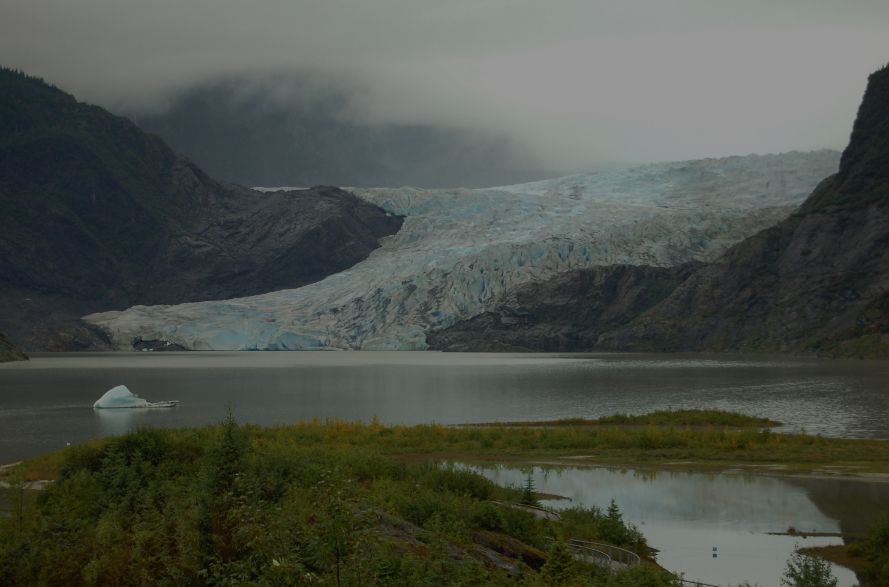Effects of Climate Change
Irreversible Changes to Global Ecosystems

The effects of climate change are being seen across the atmosphere, cryosphere, biosphere, and ocean. Global surface temperatures are the highest they have been in 2000 years primarily due to greenhouse gas emissions, which were most emitted from 2010-2019 than in any previous decade.
Currently, climate change is causing irreversible changes to both global terrestrial and ocean ecosystems. This is seen in rising global temperatures, rising sea levels, acidifying oceans, mass species extinction, increasing frequent extreme weather events, changing weather patterns, melting glaciers, and increased precipitation. And as human systems are interdependent on natural systems, climate change is having social, economic, and political consequences. These impacts on people are the loss of lives, livelihoods, and culture while increasing health risks, poverty, and human displacement.
While there are discussions on the cost of climate action, the cost of the lack of action on climate is often understated. The benefits of limiting global warming to 2 degrees Celsius are estimated to be less that the costs of mitigation with many of the future damages being discounted at high rates. Consequently, while climate action requires financing, not acting on climate change will have further far-reaching economic consequences by disrupting livelihoods and global supply chains while threatening whole cultures, ecosystems, and the human-nature relations between them.